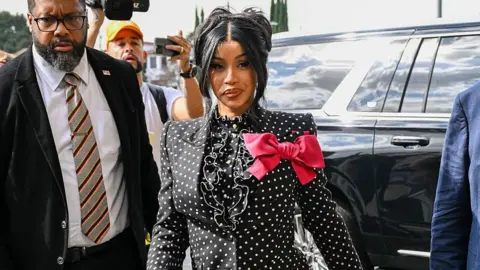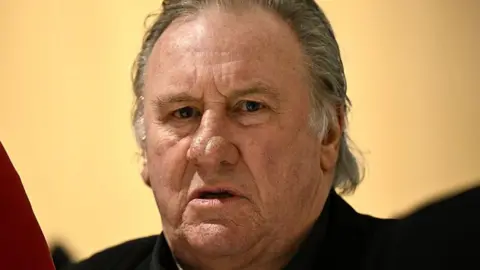The accused players, Michael McLeod, Dillon Dube, Cal Foote, Alex Formenton, and Carter Hart, have all denied the charges. Central to the trial's deliberations is the question of whether the woman consented to the sexual acts that took place. EM describes a consensual encounter with McLeod that escalated into a group assault, whereas the defense argues that she encouraged the involvement of her alleged abusers.
The court proceedings have been plagued with legal challenges, including a mistrial due to jury misconduct, leading to a judge-only trial. The attorneys' arguments have delved into what constitutes consent, scrutinizing the complexities surrounding the issue. EM's testimony has been graphic and emotional, depicting her experience as one of confusion and humiliation while the players assert her willingness for a "wild night".
The case has garnered significant media attention and public outrage, prompting discussions on the oldboys culture within hockey and the repercussions it might have on Hockey Canada's operations. Following the emergence of these allegations, Hockey Canada faced scrutiny that led to the loss of sponsorships and federal funding amid calls for a cultural overhaul.
Victim advocacy groups have expressed concern over the treatment of complainants in such cases and the perpetuation of harmful stereotypes surrounding sexual assault in the courtroom. Legal experts note that the outcome of this trial could reshape not only public perception of consent but how future cases are approached legally in Canada.
The ramifications extend beyond the courtroom, touching upon the fabric of Canadian identity through the lens of the hockey culture. As the verdict approaches, discussions about how society addresses sexual consent, the treatment of victims, and the accountability of sports institutions are only expected to intensify. The judge is set to deliver a decision that will have lasting implications on both the legal landscape and the sport itself.
###
The court proceedings have been plagued with legal challenges, including a mistrial due to jury misconduct, leading to a judge-only trial. The attorneys' arguments have delved into what constitutes consent, scrutinizing the complexities surrounding the issue. EM's testimony has been graphic and emotional, depicting her experience as one of confusion and humiliation while the players assert her willingness for a "wild night".
The case has garnered significant media attention and public outrage, prompting discussions on the oldboys culture within hockey and the repercussions it might have on Hockey Canada's operations. Following the emergence of these allegations, Hockey Canada faced scrutiny that led to the loss of sponsorships and federal funding amid calls for a cultural overhaul.
Victim advocacy groups have expressed concern over the treatment of complainants in such cases and the perpetuation of harmful stereotypes surrounding sexual assault in the courtroom. Legal experts note that the outcome of this trial could reshape not only public perception of consent but how future cases are approached legally in Canada.
The ramifications extend beyond the courtroom, touching upon the fabric of Canadian identity through the lens of the hockey culture. As the verdict approaches, discussions about how society addresses sexual consent, the treatment of victims, and the accountability of sports institutions are only expected to intensify. The judge is set to deliver a decision that will have lasting implications on both the legal landscape and the sport itself.
###






















